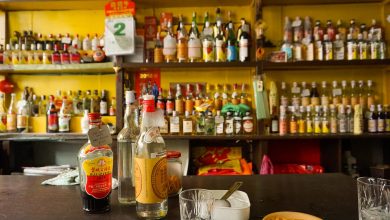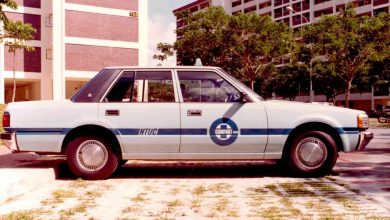As COVID-19 swept across the world, our lives have been heavily affected. The effects of COVID-19 are largely negative and will be felt for months to come. But despite the negative impact, there’s still a silver lining to be found.
With millions of people worldwide in some form of lockdown due to COVID-19, everyone is pretty much staying indoors. As such, the roads are emptier than ever, air traffic is almost nonexistent and most factories are closed. This reduced activity has had a huge impact on the environment.
Let’s explore COVID-19’s effect on the environment across the world.
Air Pollution
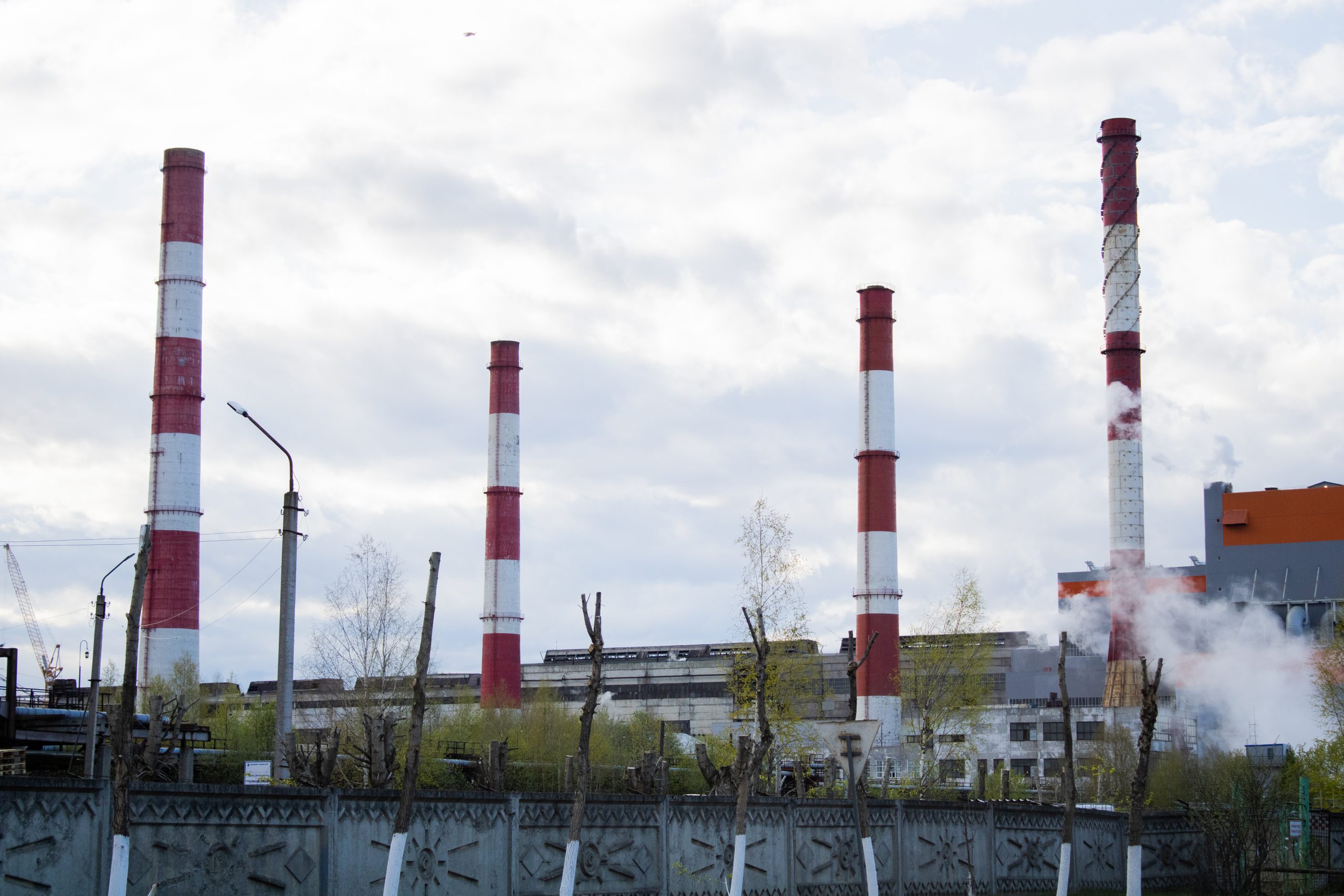
In many parts of the world, air pollution has dropped drastically. This improvement might not be very obvious in Singapore as the country’s air quality has always been excellent as compared to other Asian countries. Even then, just 2 weeks after the Circuit Breaker was implemented, air quality in Singapore improved significantly.
As reported by the National Environment Agency, the average nitrogen dioxide (NO2) level in the two weeks before the circuit breaker period was 17ug/m3, down from 27ug/m3 same time last year. Additionally, the average particulate matter (PM) levels, carbon monoxide (CO2) and sulphur dioxide (SO2) fell by between 8% and 43%.
Similarly, China’s COVID-19 lockdown has seen carbon emissions reduce by 25%. With the country being one of the biggest contributors to carbon emissions in the world, this reduction is even more significant to the environment.
Furthermore, as air pollution has been linked to causing 1.2million deaths per year in China, the drop in pollution is estimated to have saved almost 77,000 lives.
Water Pollution
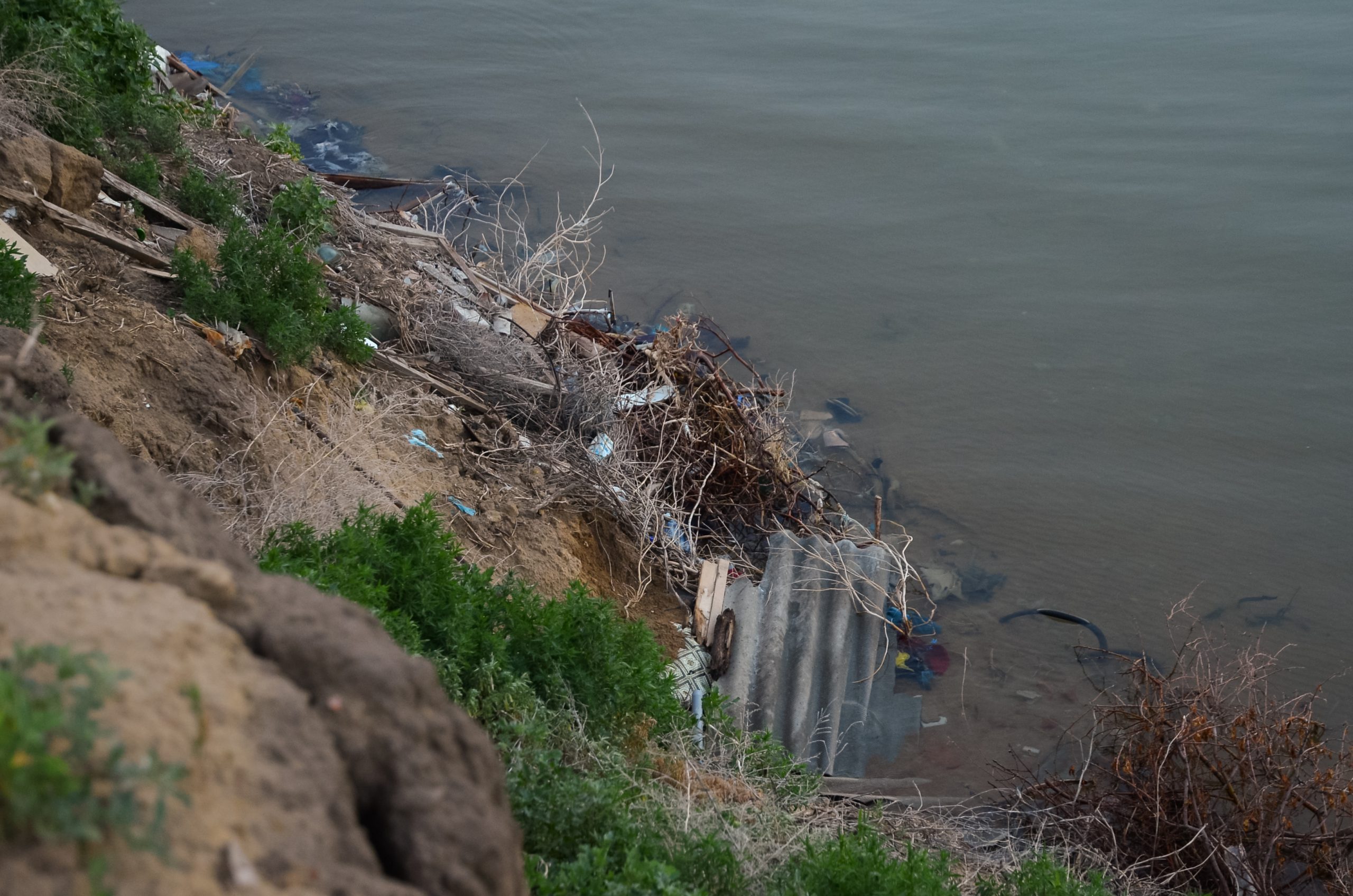
COVID-19 has forced lockdowns in many countries. The terms of these lockdowns depend on the country but generally follow a similar mantra – don’t go out, stay at home. As such, many offices, factories and industrial areas have been forced to close.
The closure of these areas have allowed water bodies to recover and water pollution levels to drop. These reductions are further aided by restrictions on travel and tourism, which means that fewer people are out on cruise ships, ferries and even polluting beaches.
For instance, the Vembanad Lake in India has seen an improvement in surface water quality. The suspended particulate matter (SPM) in surface water quality has decreased by almost 16%.
In popular beach destinations, pollution in the form of littering has also improved drastically. This is due to the fact that many beaches have been closed by their respective country’s governments and also because of travel and tourism restrictions.
Wildlife
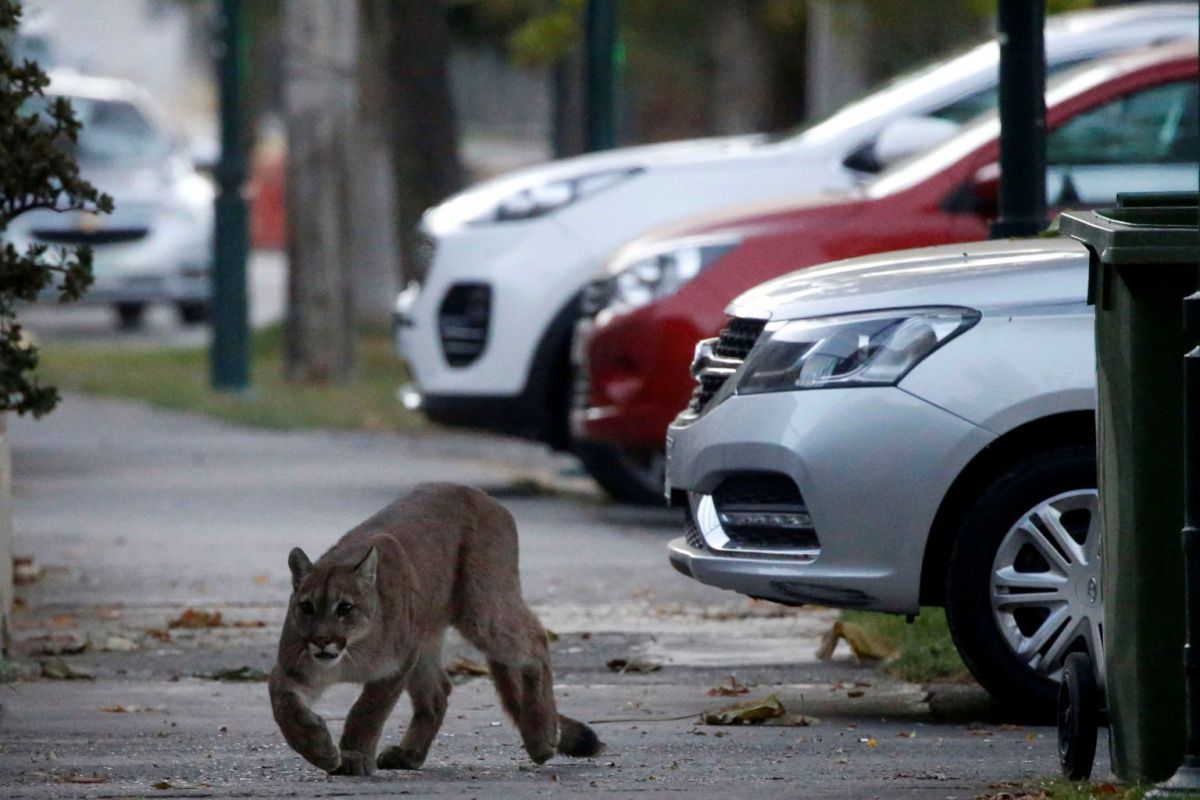
Apart from impacting water and air pollution levels, COVID-19 has also had a positive effect on nature and wildlife. All over the world, countries are seeing wildlife roam the quiet roads of their cities. From a puma being spotted in Chile to dolphins in France and even mountain goats roaming the streets of Wales.
Wildlife is actually noticing the silence and calmness in the cities and taking this opportunity to roam the streets. Seeing these wild animals roaming the streets is quite a sight to behold and just puts into perspective how the world has changed over the last few months.
COVID-19 has also shunned a spotlight on international wildlife trade laws. As the virus is reported to have originated from a market in China selling wild animals, governments are passing laws to prohibit wildlife trade.
Plastic Pollution
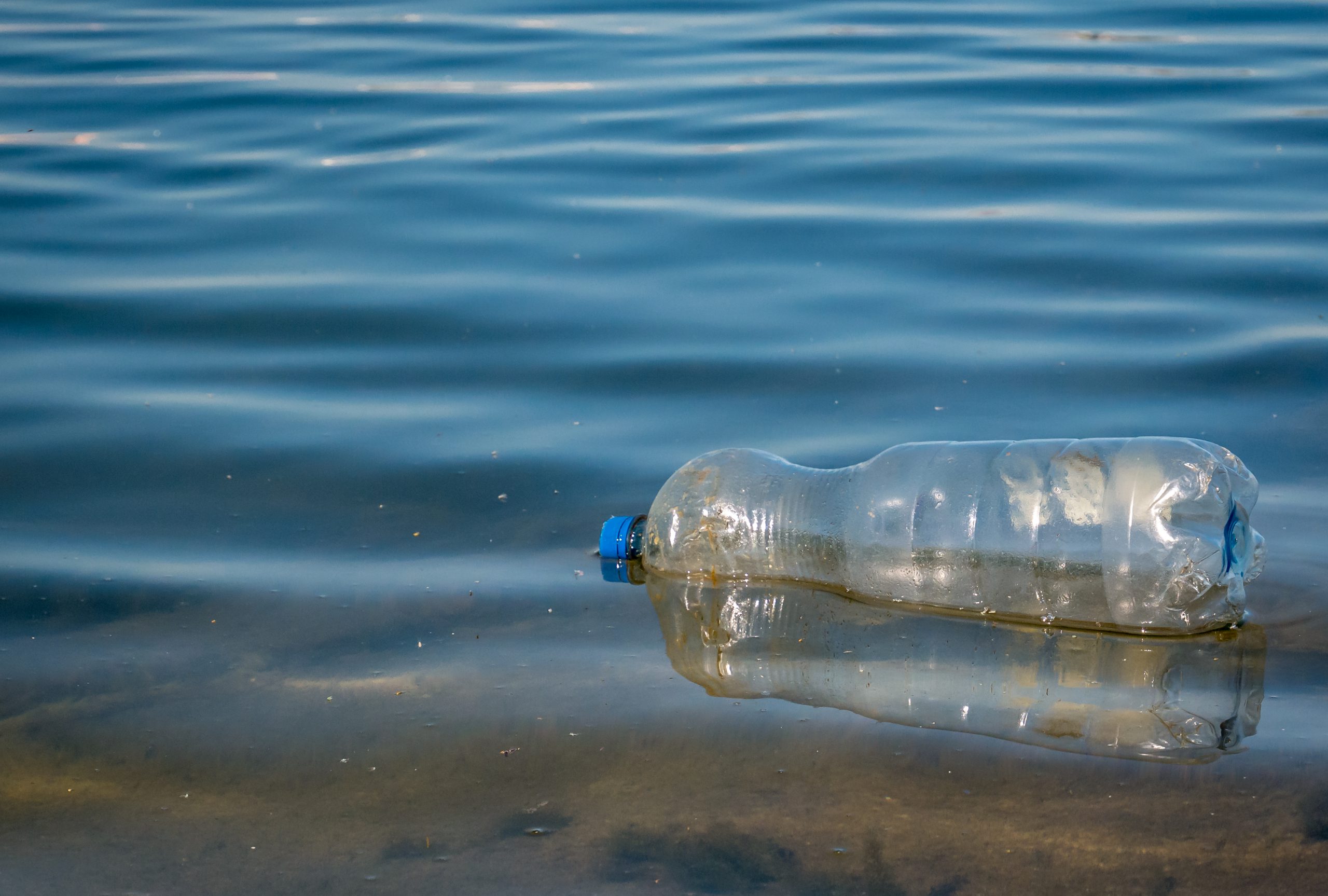
When you think about what plastic is used for, it shouldn’t be surprising that plastic pollution has increased during this period. As most restaurants don’t allow you to dine in anymore, more people are ordering food through delivery or take-out. As such, more plastic packaging is being used.
Also, plastics are being used in protective gear for medical workers to fight against COVID-19, therefore these factors are adding to the plastic pollution in the world.
People also liked: COVID-19 CIRCUIT BREAKER: IMPORTANT INFORMATION FOR CAR OWNERS TOP 5 REASONS FOR ACCIDENTS IN SINGAPORE HOW DO CAR SUBSCRIPTIONS HELP YOU SAVE MONEY

